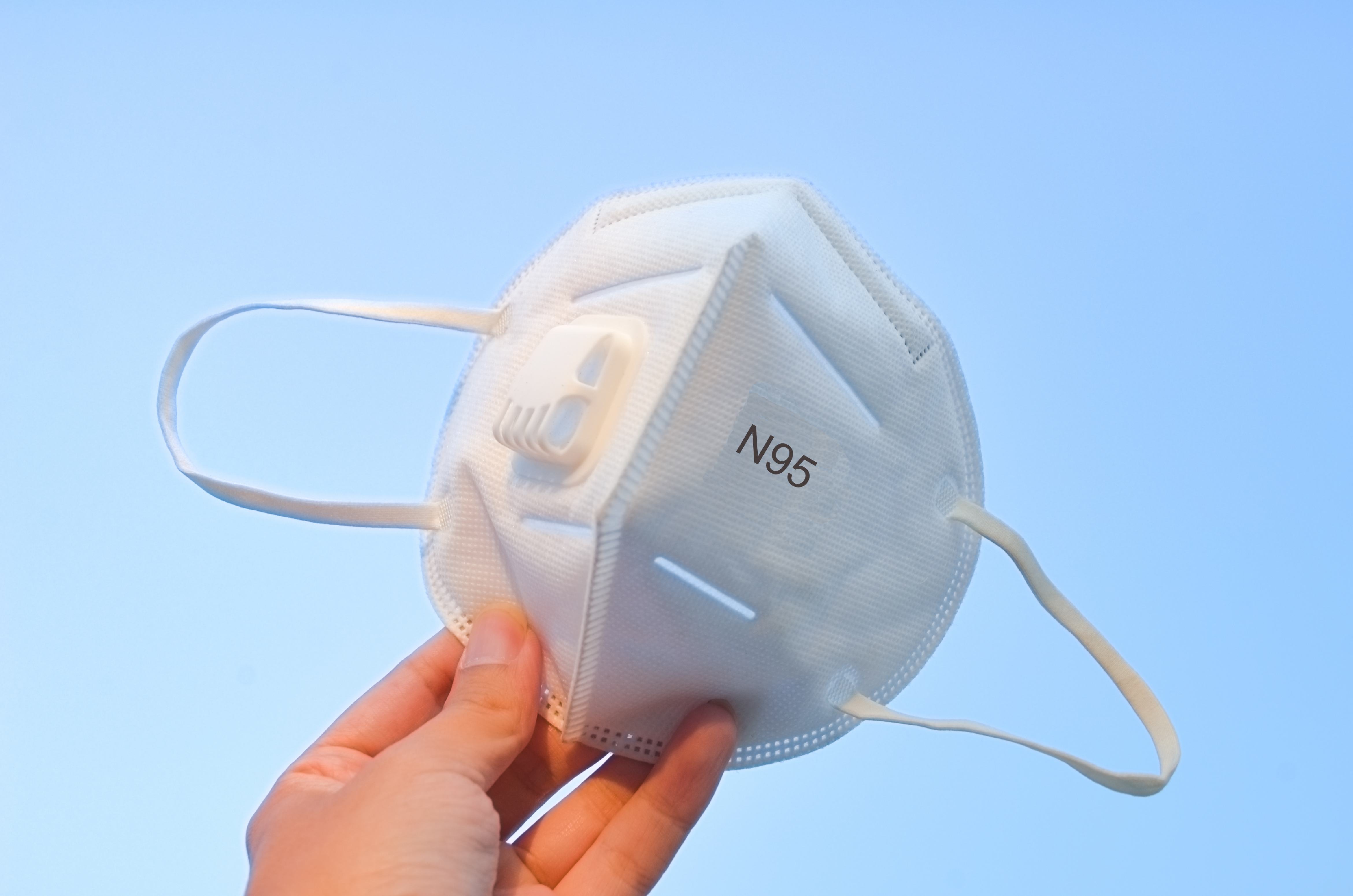
An Anti Pollution Mask Manufacturing Unit is a small to medium scale enterprise that manufactures masks using non woven fabrics, activated carbon filters, melt blown layers, nose clips, and elastic straps. The production process involves procurement of raw materials, cutting and layering, ultrasonic welding or stitching, insertion of filters, assembly of nose clips and straps, quality inspection, sterilization, and packaging. Anti pollution masks are valued for their filtration efficiency, comfort, breathability, and safety compliance, making them essential in urban areas, industrial zones, construction sites, and daily commuting. The unit requires moderate investment in machinery such as mask making machines, ultrasonic welding units, filter inserting machines, packing units, and quality testing equipment, along with skilled and semi skilled labor. With growing awareness about air pollution, respiratory health, and preventive safety measures, the demand for anti pollution masks is steadily increasing. By producing high quality, comfortable, and certified masks, the unit can achieve steady demand, repeat orders, and good profitability, while also exploring opportunities in bulk supply to industries, schools, retail outlets, and export markets.
|
Anti-Pollution Mask
Anti-pollution masks are designed to protect individuals from harmful pollutants in the air, such as particulate matter (PM2.5, PM10), dust, allergens, smoke, and harmful gases. These masks are particularly useful in areas with high pollution levels, where exposure to toxins can lead to respiratory issues, allergies, and other health problems. Typically made with multiple filtration layers, including activated carbon and HEPA filters, they are capable of filtering out fine particles and contamin |
Disclaimer: * Business Categories & Bankable Project Report The details provided are based on general assumptions and are for informational purposes only. The project report may vary depending on area-specific requirements, regulatory compliances, and industry setup conditions. Users are advised to conduct their own due diligence and consult relevant authorities before making any business decisions.